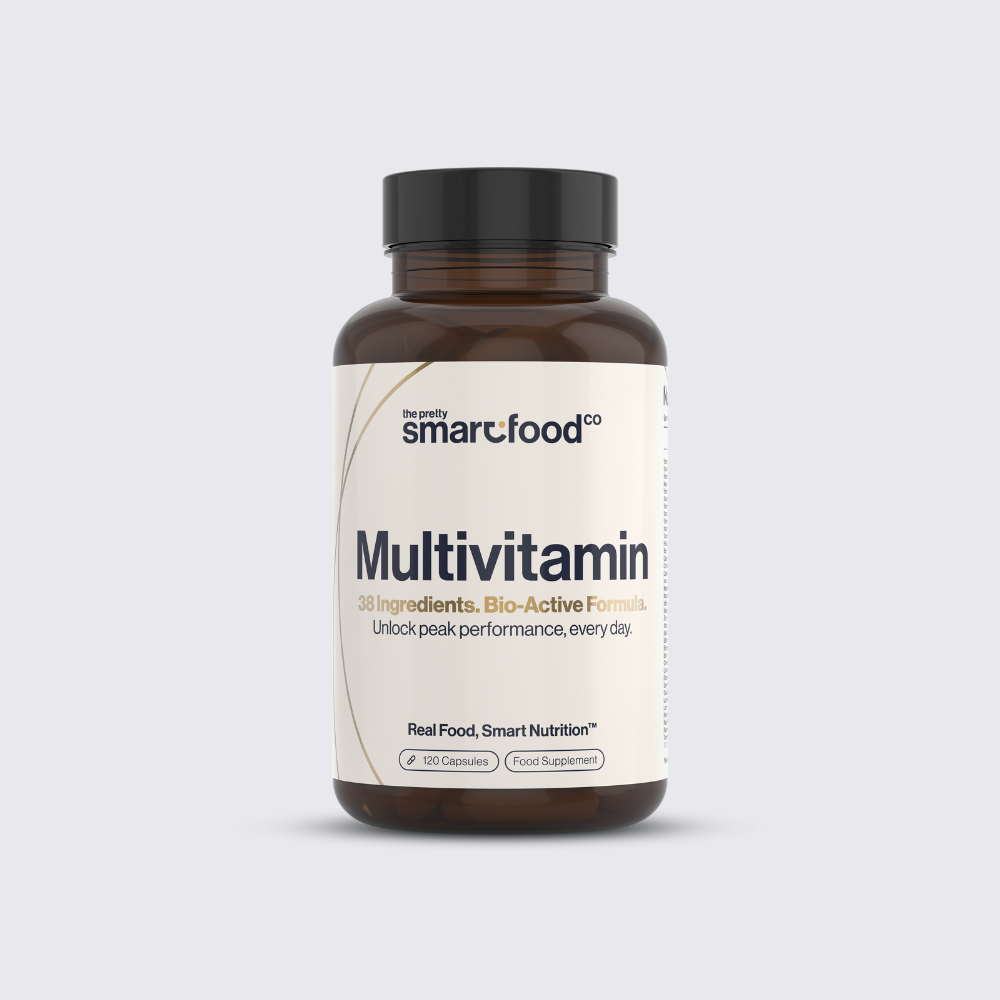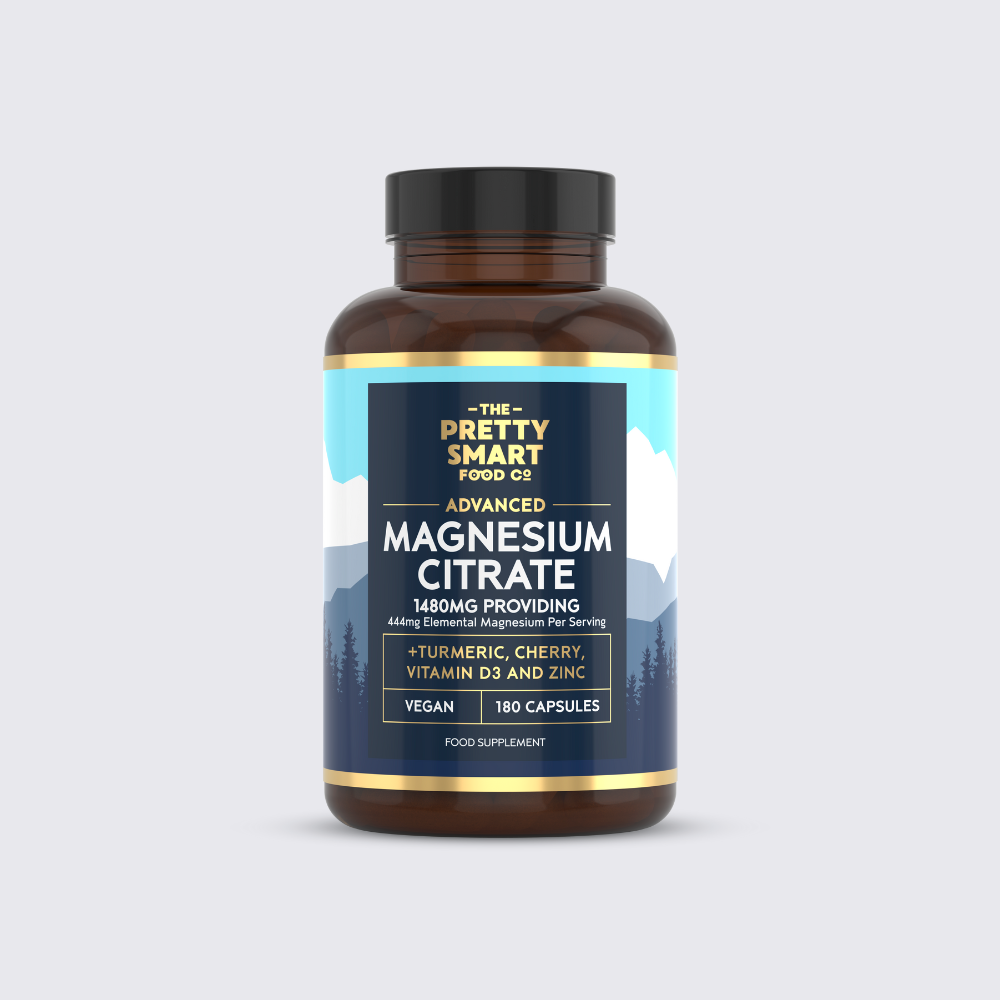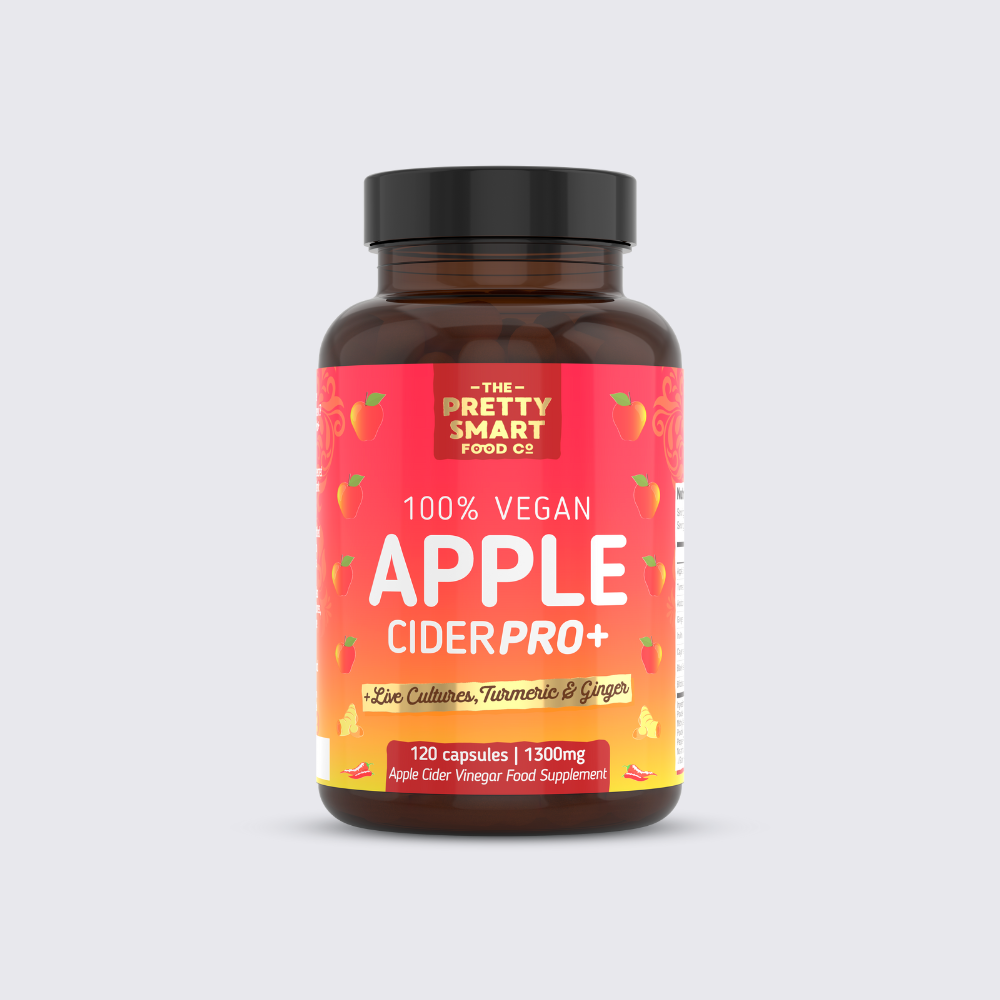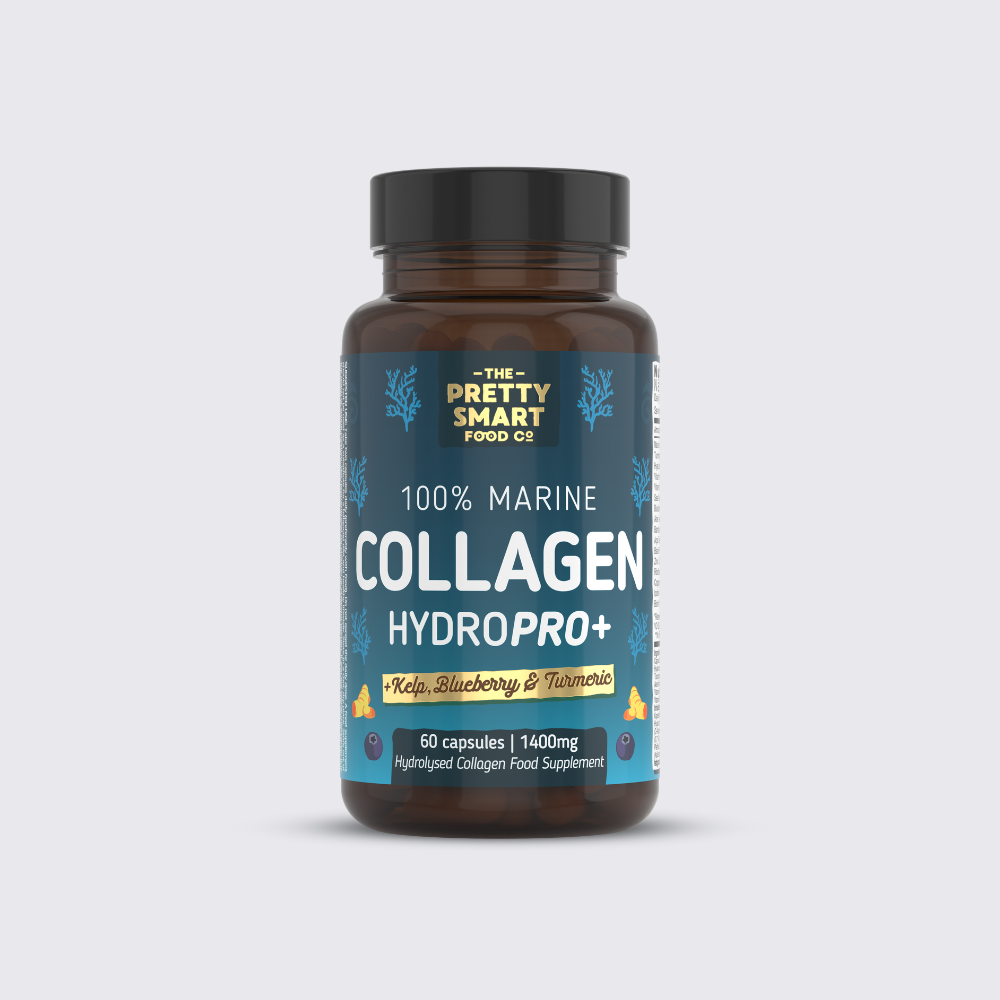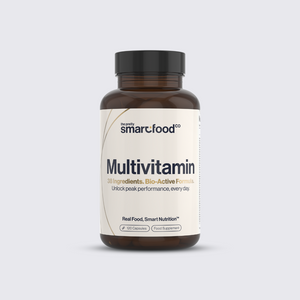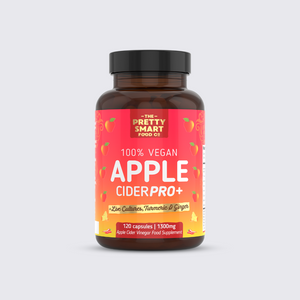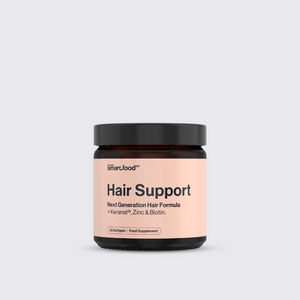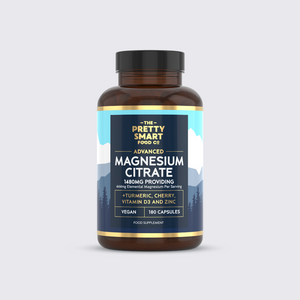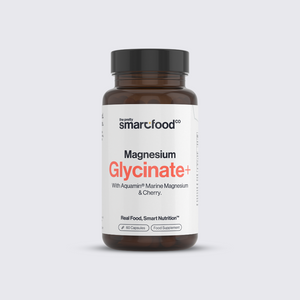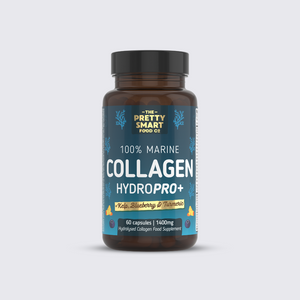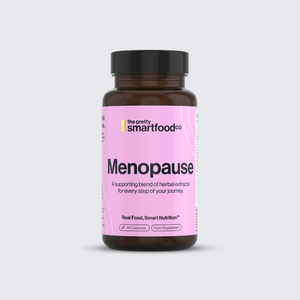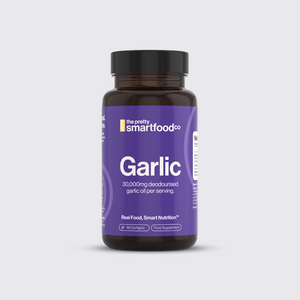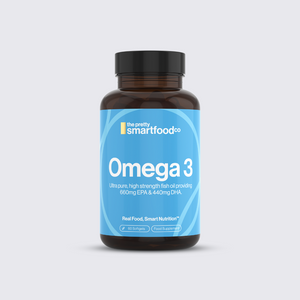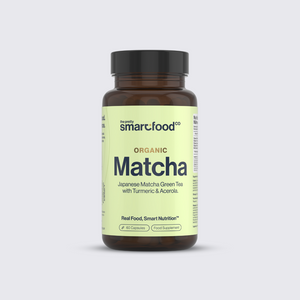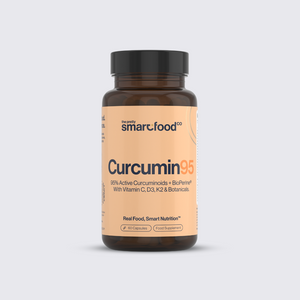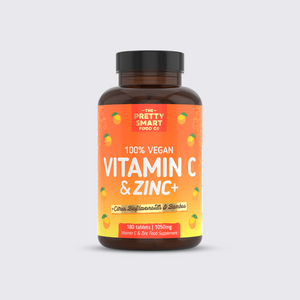
Can supplements help with stress and anxiety?
Share
Life as we know it, feels like a big ‘what if’ scenario sometimes with all of us naturally feeling some stress, anxiety, grief, and worry amidst the ongoing global pandemic. According to a recent study, as many as 74% of UK adults have felt so stressed at some point over the last year, they felt overwhelmed or unable to cope.
When anxiety develops into a continuous or more serious state, it can start to affect mood, hormones, digestion and sleep. If left untreated it can take over our wellbeing and leave long-lasting effects.
Nutrition and lifestyle play a big part in our anxiety levels and contribute to the balance, or imbalance of cortisol levels. Several studies have shown that the gut and the brain talk and deliver information to each other. We tend to feel emotions in our gut, and likewise our brain is able to pick up on an imbalance we may have in our digestive system. So the stuff we put into our bodies is key to what we expect it to give back to us.
Eating our stress away
We tend to try a lot of things to try and alleviate stress like exercise, journaling, hobbies and even just talking it through with a loved one. But while mindfulness is key to becoming more aware of our sources of stress and worry, our nutrition is often neglected despite its massive role in making sure our bodies are getting the right balance of nutrients to help calm the mind and build immunity.
It’s not always easy (or possible) to optimize our nutritional intake from our diets alone and that’s why it is crucial to ensure we are getting just the right amount of them (and not too much either!) by adding specific supplements into our daily routine.
Supplements for anxiety

Vitamin C (yes, really!)
We turn to Vitamin C for immune support and fighting off colds, but it also plays a crucial role in managing anxiety by keeping your nervous system in balance. Behind the scenes, its antioxidant properties keep your cells functioning properly by neutralizing free radicals and helping you manage your cortisol (a stress hormone) levels.
Vitamin Bs
Vitamins B1 to B12 have shown to reduce anxiety and improve mood as seen in a study published in the Journal of Functional Foods, where a group of people eating Vitamin B-rich foods such as whole grains, legumes, dark leafy vegetables, meat and eggs saw an improvement in their anxiety scores. However, B12 is the one you really want to focus on for anxiety management. While B12 is normally absorbed by body from meat and fish, vegetarians and vegans will have to either consume nutritional yeast or take a B12 supplement.

Vitamin D
There is a simple reason why Vitamin D is known as the sunshine vitamin, and the same reason why Europeans tend not to get enough of it in the winter. In fact seasonal affective disorder (SAD) or the ‘winter depression’ which have us feeling lethargic, anxious and irritable during the winter months is closely linked to low vitamin D stores.
While there isn’t a clear link between vitamin D and anxiety there does seem to be a correlation. Vitamin D is fat-soluble so you can build up your levels over time and store up for the winter! Top sources of vitamin D are in egg yolks, fish and fortified foods.
Magnesium
More and more evidence is emerging purporting magnesium’s role in supporting anxiety management and sleep quality. Magnesium is necessary for the normal functioning of the brain and nervous system and is also a cofactor in over thousands of processes in the body, both cellular and at deeper structural levels and acts a muscle relaxant, aids bone creation and supports cardiovascular health.
A review of nearly 20 studies found that a regular intake of magnesium help alleviate feelings of anxiety across a series of metrics. However, it has also been found that almost three quarters of individuals do not enough magnesium so dose up on nuts, beans and avocadoes.

L-Theanine
L-theanine is an amino acid that is found in black tea, some mushrooms and most notably, in matcha green tea. This amino acid has a calming effect on the body and has been shown to improve focus, reduce anxiety and promote feelings of relaxation. This is part of the reason Zen Buddhist monks in Japan drink matcha green tea to help them get through long sessions of meditation.
A study conducted in 2018 showed that it had demonstrable anti-anxiety benefits in humans. Swap your morning coffee for a matcha green tea and see the benefits.
But multivitamins can cover all the bases
Yes, supplementing with a high-quality multivitamin can help improve your daily well-being and help support anxiety and stress, by filling in the nutritional gaps not fully covered by your diet. A good multivitamin should contain all the essential vitamins and minerals in their recommended dosage, however it is equally as important that it should contain them in their most-bioavailable form.
That means each capsule has been designed to be processed by your body with little effort and each vitamin and mineral is extracted as effectively as possible from its source. Most off the shelf multivitamins do not contain ingredients in their most bio-available form because they are often more expensive and difficult to source.
Our new Advanced Multivitamin formula contains 39 key ingredients, in their most bioavailable form. Our complex blend of Reishi, lion's mane, magnesium, vitamins B12, C and D, choline and iodine has been designed to help focus and calm your mind, improve sleep quality and support anxiety management.


